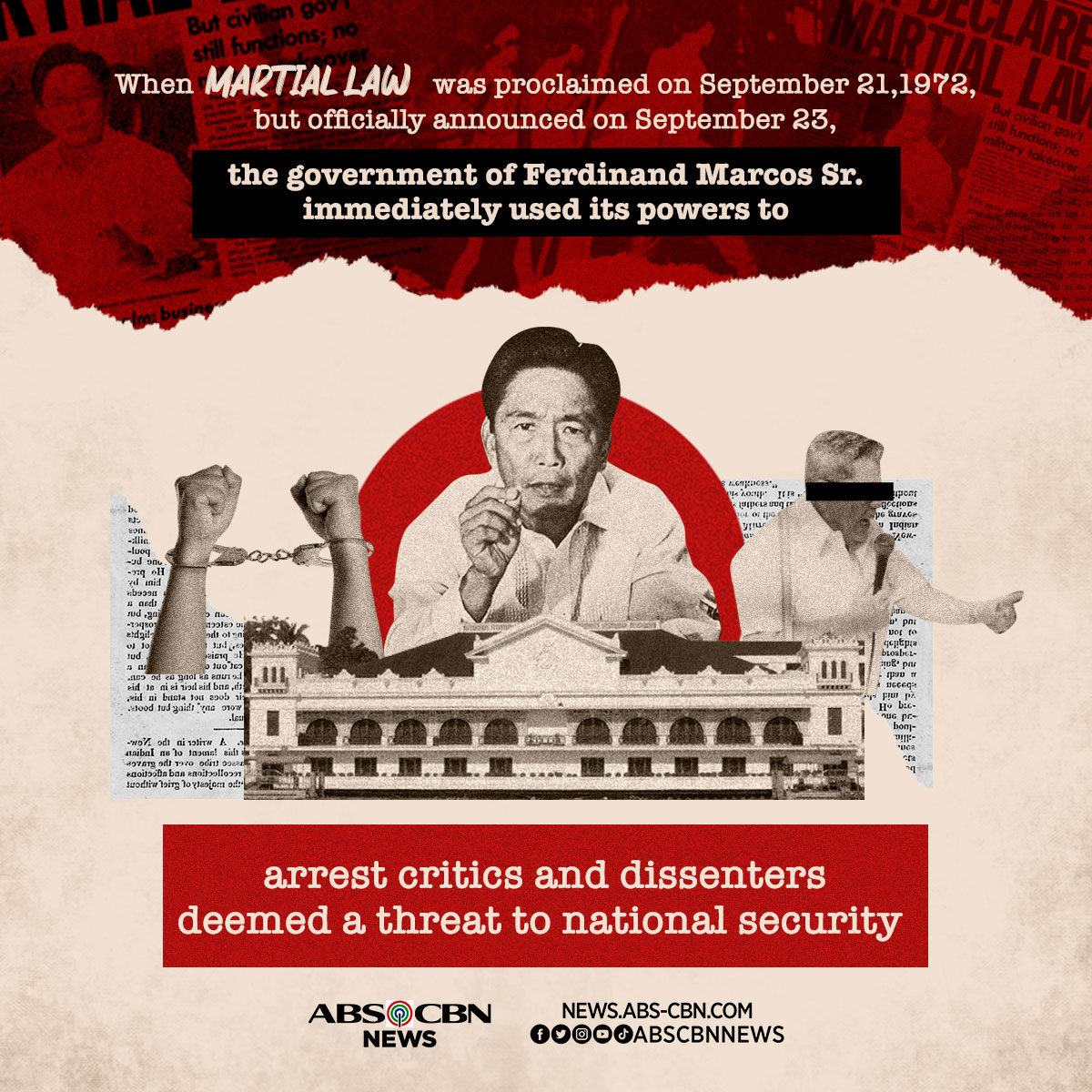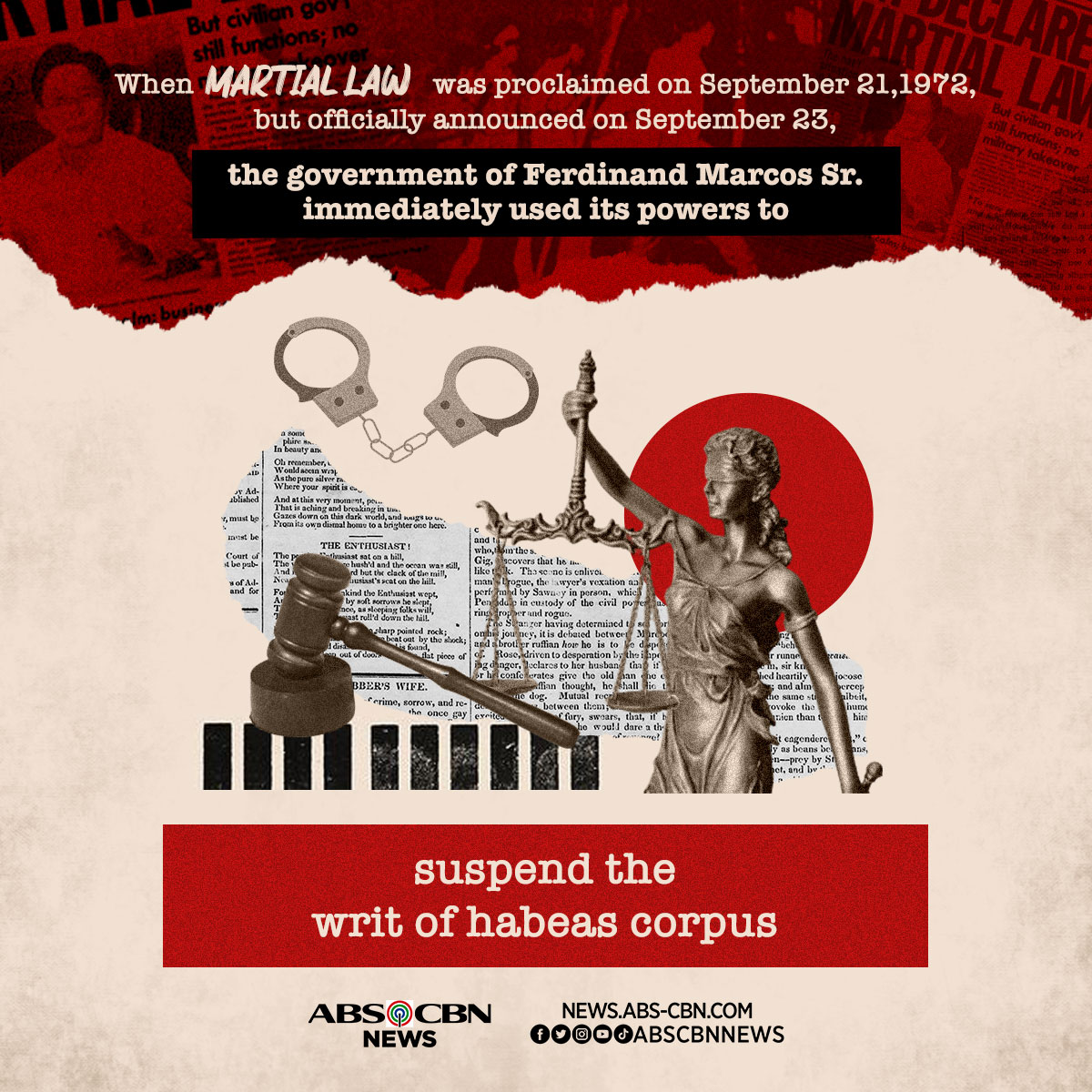
South Korea has a long and complex history with martial law, which has been used at several key moments to quell unrest and maintain order.
The most recent instance was in 1979, when the military declared martial law and seized control of the government following the assassination of President Park Chung-hee. The military remained in power until 1987, when a new constitution was adopted and civilian rule was restored.
Prior to this, martial law was declared twice in South Korea, each time in response to political turmoil:
After the outbreak of the Korean War, martial law was declared by the US-backed Syngman Rhee government in an attempt to maintain control over the civilian population.
The declaration of martial law resulted in the suspension of civil liberties and the suppression of dissent, a pattern that would repeat during subsequent periods of martial law in South Korea.
A military coup led by General Park Chung-hee resulted in the declaration of martial law and the establishment of a new military government.
Under Park’s rule, martial law was used to suppress political dissent and to implement a series of economic reforms. The period of martial law lasted until 1963.
The use of martial law in South Korea has had a lasting impact on the country’s political development.
The successive periods of martial law strengthened the military’s role in South Korean politics and contributed to the authoritarianism that characterized the country’s political system until the late 1980s.
Moreover, the suppression of dissent during periods of martial law created a climate of fear and self-censorship that has persisted in some form to the present day.
Martial law has been a significant and controversial feature of South Korea’s political history. Its use at key moments has had a profound impact on the country’s political development and on the lives of its citizens.
While martial law has sometimes been justified as a necessary measure to restore order and maintain stability, its legacy of authoritarianism and suppression of dissent continues to cast a shadow over contemporary South Korean society.



